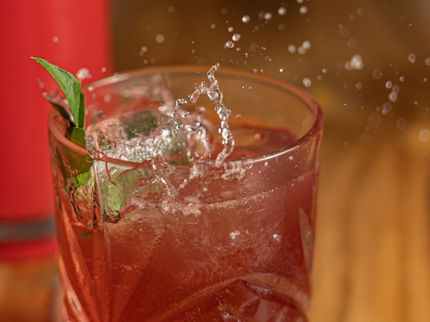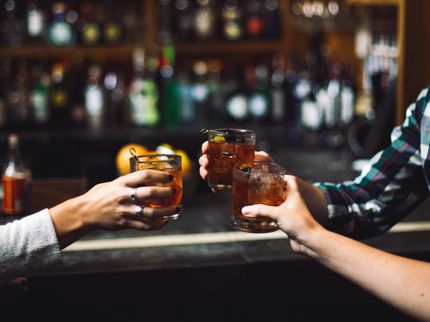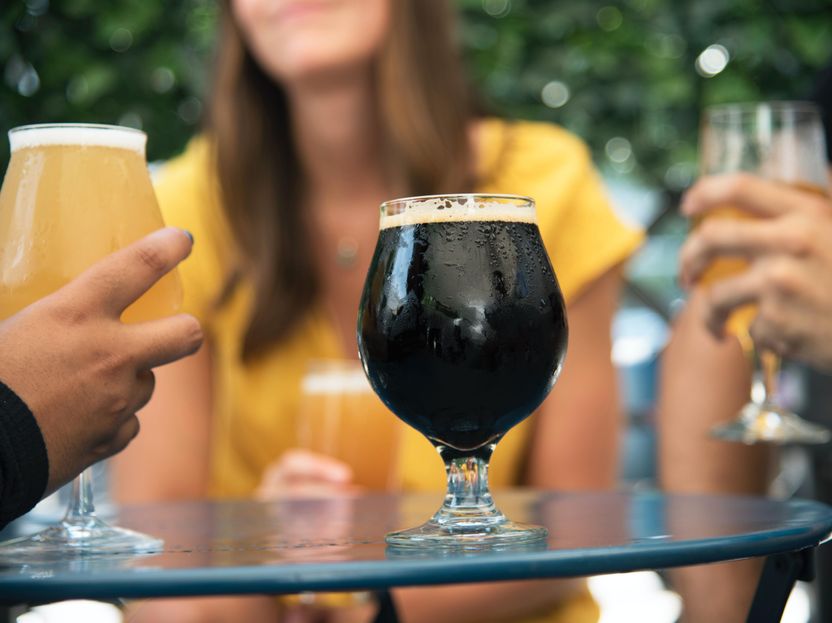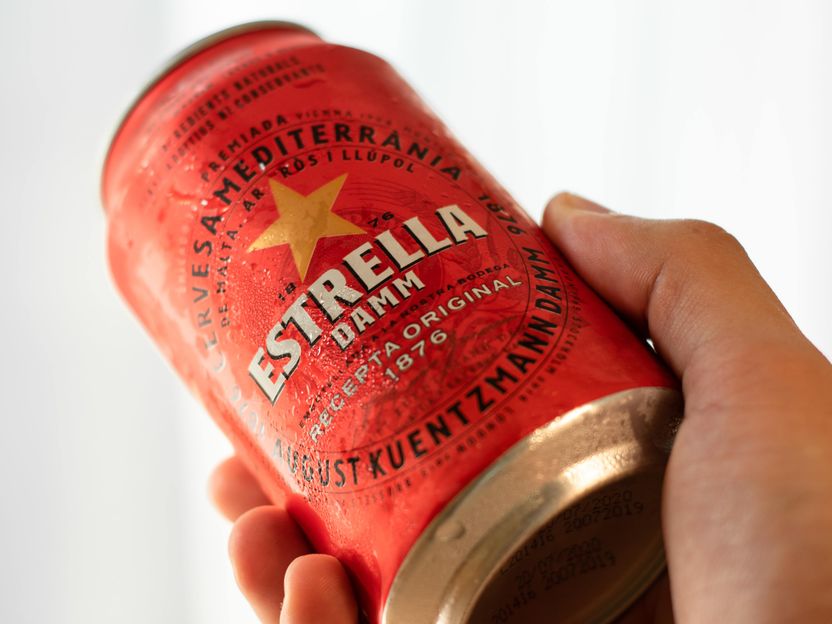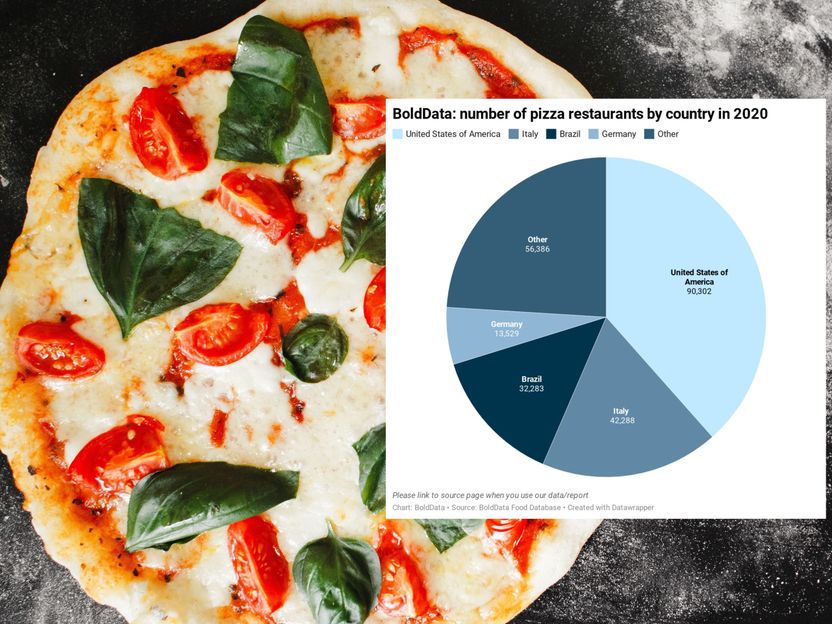Delicious cocktails, exquisite drinks, bold flavors and more will shape spirits consumption in 2023
The annual Bacardi Cocktail Trends Report presents the most important trends for cocktail culture in 2023
Advertisement
Bacardi Limited, the world's largest privately held spirits company, is publishing its fourth annual Bacardi Cocktail Trends Report. It forecasts the key trends for cocktail consumption and the spirits business in 2023. Created in partnership with The Future Laboratory (TFL), the report draws on external research and surveys of consumers and bartenders conducted by Bacardi to report on emerging trends that will impact many areas - from flavors and timing to the places and occasions people can look forward to in the coming year.
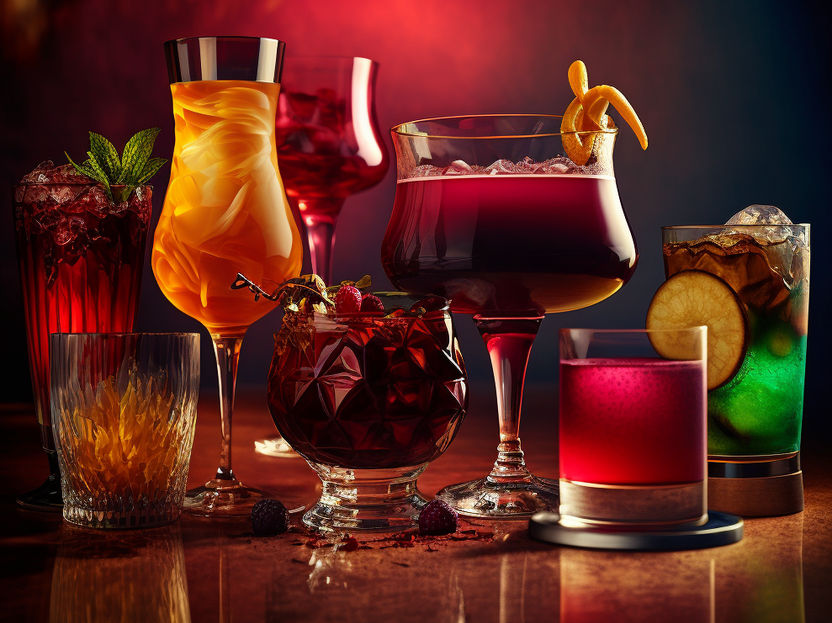
symbolic picture
Computer generated picture
"Looking ahead to the new year of 2023, we see how people are adapting to the changes around them. It's now up to brand companies to find innovative ways to engage and excite their audiences"
"As we look ahead to 2023, we recognize how people are adapting to the changes around them. It's now up to brand companies to find innovative ways to engage and delight their audiences," said Brenda Fiala, Global Vice President of Strategy, Insights & Analytics at Bacardi. "Cocktail culture is thriving, and people are inspired by the new flavors, sensations and experiences they experience in bars and restaurants, and are using them to feel even more joy when creating new cocktails."
Here are the key trends that will determine how, what, where and why consumers drink spirits in 2023:
-
Indulgence revolution: consumers will move away from the conventional and instead seek new experiences on drinking occasions. As a result, new ingredients, fun and bold flavors will come to the fore as people experiment at home and in traditional as well as new places where cocktails are consumed.
This trend is already in full swing, according to the results of Bacardi's October 2022 consumer survey: In the survey, the Daiquiri, Margarita and Bloody Mary were among the most ordered and mixed cocktails worldwide. Thanks to experimentation, cocktails continue to grow in popularity: 37 percent of global respondents prepare more cocktails at home today than in 2020, and more than 30 percent of survey respondents drink more cocktails than wine and beer.
Transformation of taste: 2023 ushers in an era when people will redefine when and where they party, and with what cocktails and flavors. Hybrid working has led to nearly 40 percent of people in the U.S. and U.K. enjoying spirits and cocktails earlier in the evening. This shift is leading to an increase in spicy drink orders, with tequila- and vodka-based cocktails seeing an affinity for bold flavors with ingredients such as jalapeño chili and Tabasco. Bitter flavors also remain popular, with more than 30 percent of bartenders turning to ingredients such as coffee and aromatic bitters, and fermented drinks such as kombucha and kefir, according to the 2022 Bacardi Global Brand Ambassador Survey.
In 2023, consumers will turn to cocktails that take them back to better times. A recent study by Mintel showed that consumers between the ages of 25 and 44 are most likely to enjoy things that remind them of the past. Cocktails and flavors that take them back to their past are on the list. Classic drinks such as Martini, Negroni, Highball and Old Fashioned are enjoyed; however, these are spiced up with something new.
Virtual experimentation: The digital world has also proven beneficial to beverage technology, opening up new ways to discover, create and enjoy. In 2023, free-to-go delivery of beverages and offerings that are conveniently available on-demand will continue to grow. Thirty-one percent of U.S. survey respondents said they plan to increase their use of online delivery services that deliver cocktails to their homes in the coming year.
Because of their openness, digital spaces have the potential to open up new opportunities for information delivery and experimentation in the beverage space. Forward-thinking brand companies are employing gamification strategies to make such concepts even more appealing. Technology research firm Gartner predicts that by 2026, 25 percent of people will spend at least an hour a day in the metaverse working, shopping, socializing or consuming entertainment content. Spirits brand companies will continue to explore Web3 offerings to intensify desire among existing audiences and to attract new customers.
Sophisticated Drinks: Minimalism is becoming a new trend in upscale venues. There, the focus is on high-quality ingredients that stand out in simpler cocktails. Seventy-two percent of bartenders surveyed say they see the most premiumization in tequila, followed by single-malt whiskies, aged rum and mezcal. The popularity of rum-based cocktails is driving growth and premiumization in this spirits segment. The 2022 Bacardi Global Brand Ambassador Survey shows that 32 percent of bartenders expect increased premiumization of aged rum in the coming year.
Mindfully consumed cocktails: as mindful drinking becomes more important, consumers will expect values from brands that align with their own, leading to continued moves toward sustainability and community-building initiatives within the industry. Globally, more than half of respondents indicated that recyclable packaging is critical to them when selecting spirits and liquors.
This attitude also extends to alcohol consumption, with the emergence of the new category of NoLo consumers (consumers of soft drinks and drinks with little alcohol). The number of those who enjoy NoLo drinks instead of higher-alcohol drinks on certain occasions or even on the same evening will continue to grow. Interest in NoLo drinks will also grow in new markets outside the UK and US. Fifty-seven percent of respondents from around the world said they would like to participate in "Dry January" or "Sober October," i.e., abstain from alcohol for a month, in 2023.
Note: This article has been translated using a computer system without human intervention. LUMITOS offers these automatic translations to present a wider range of current news. Since this article has been translated with automatic translation, it is possible that it contains errors in vocabulary, syntax or grammar. The original article in German can be found here.



